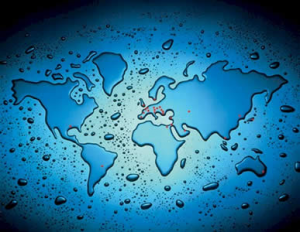The Growth of International Law Scholarship
There are a variety of ways one can measure the growing importance of international law scholarship. One metric that I have never seen discussed is simple: how often has the term “international law” been used in academic scholarship? Using Westlaw’s JLR library I calculated how often “international law” was referenced from 1987 to 2011. The results...

